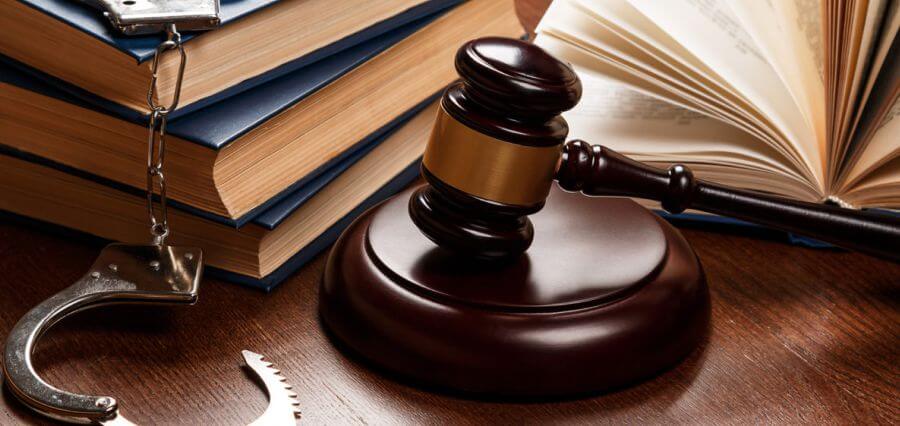Have you been unfairly accused of a crime and now face a prison sentence or a harsh penalty? The best approach is to work with a Georgia lawyer team attorney who specialises in defending persons and is an experienced criminal defence attorney. Even though some people have the urge to defend themselves, that’s not a very good idea because protecting yourself successfully in these cases is almost impossible.
Criminal defense attorneys are well-versed in state and federal legislation and can provide you with expert counsel and representation for arrests, warrants, sentencing, probation, etc. They use different defense strategies to defend someone in court, and you will find some of them in this article.
Exculpatory Hearsay
Exculpatory hearsay is evidence that is not directly related to the underlying crime, but it may help establish a defendant’s innocence. For example, if you have been arrested for assault and battery accompanied by a deadly weapon on a person, you could use this type of gossip as a defense against charges. It can be either exculpatory (or “in favor”) or impeaching (or “against”).
The latter means it tends to weaken credibility for both sides. Suppose someone says something that is deemed inconsistent with their testimony at trial. In that case, they will likely lose credibility among jurors who know better than most people how credible witnesses are or aren’t.
Mistaken identity
Mistaken identity is one of the most common defenses used by attorneys, and it’s also one of the most effective, as it can help get you acquitted or reduce your sentence in court.
It works like this: The police might accuse you of stealing something from someone else, but you don’t know who they are. Your lawyer tells you that they could have been mistaken for another person—maybe someone who stole something similar to yours or perhaps someone who looked like them when they ran into each other on the street.
Compelled confessions
A confession can be a helpful tool in your criminal defense. If the police accuse you of committing a crime, it is crucial to understand that the police will try to get you to confess. The police may use various methods and tactics to try and get your confession, such as:
- Threatening you with jail time or other punishments if you don’t confess
- Promising leniency in exchange for admission (even though they know they won’t follow through)
- Using physical force against inmates who refuse to sign statements
Nonsolid Evidence
Nonsolid evidence is evidence that is not reliable or trustworthy. Examples of nonsolid evidence include testimony from an expert witness with a history of making false statements in court. It also includes testimony from a witness interested in your case’s outcome (such as someone who wants you to lose)
You can use this information against them if you can prove the authorities obtained it through coercion or deception, but don’t just wait around for somebody else’s testimony! You need to challenge the source’s credibility by showing inconsistencies between what they say now and what they said before when questioned under oath at trial (or on tape).
Lying about Criminal Conduct
Lying about criminal conduct is a common defense strategy used by attorneys. It’s also an essential part of the attorney-client relationship, which is impacted if your client doesn’t trust you or has reason to believe that you’re not telling them the truth.
Whether a client should know they are lied to during their case depends on what kind of case it is and the amount of risk there is for them after being convicted of the crime they committed.
Provocation
Provocation is a defense to criminal charges and an affirmative defense in murder and manslaughter, assault, and battery cases. The idea behind provocation is that you had no intention of committing the crime but were provoked by someone else.
These are some defense strategies used by attorneys to defend someone in court. Your lawyer will know which approach will work best for your case. While selecting a criminal lawyer, you must ensure they have experience with court procedures, good relationships with prosecutors, and use proactive techniques to dismiss your case.


